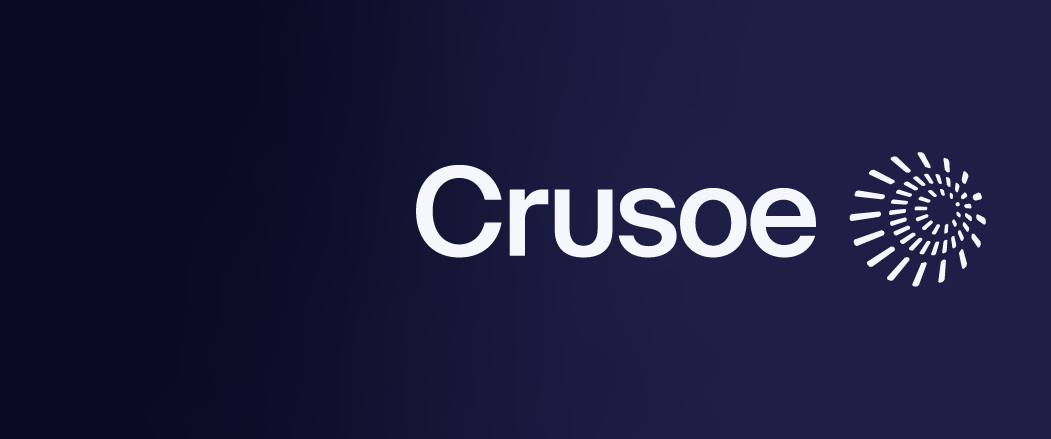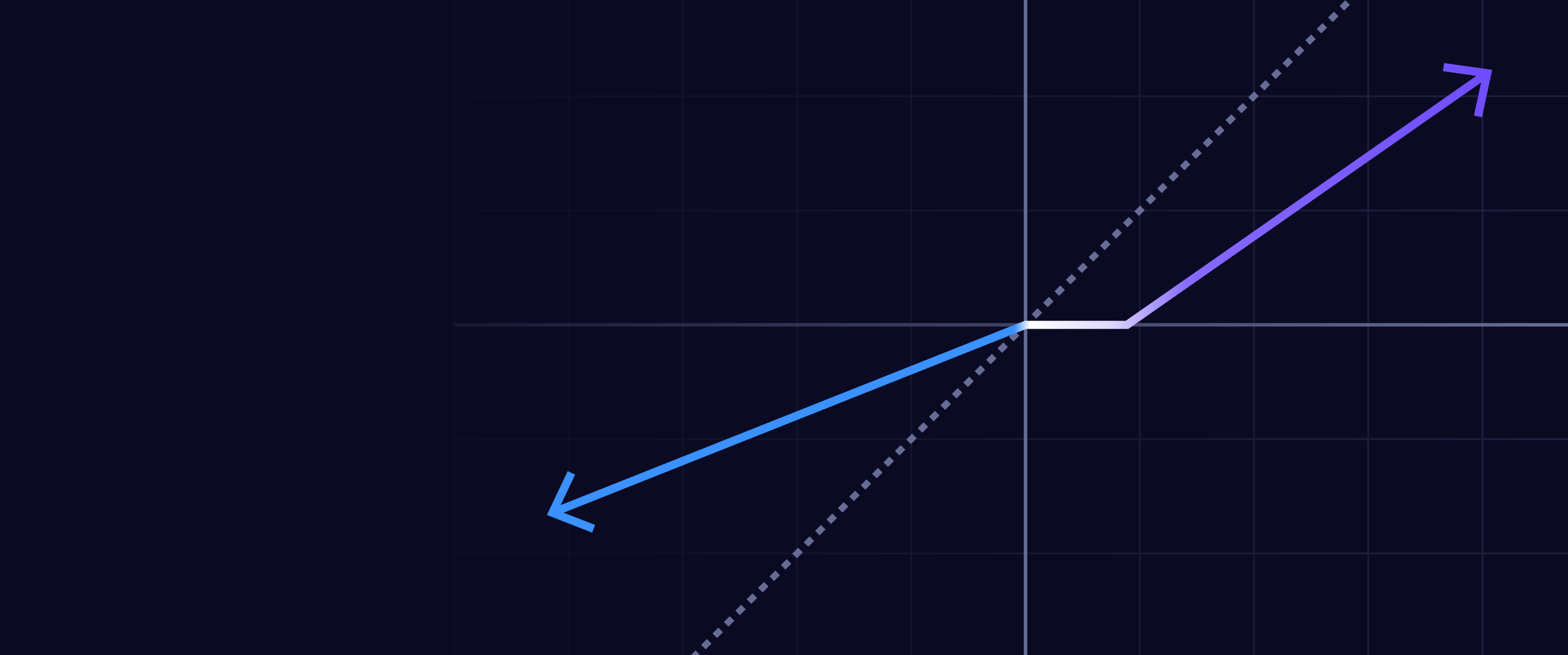During the first quarter, broad-based global equity indexes – as measured by the S&P 500 and MSCI World – continued to appreciate as confidence in the V-shaped recovery increased. During the quarter, the US Congress passed additional fiscal stimulus while global monetary policies remained supportive. The US yield curve continued to steepen as the 10-year Treasury bond yield nearly doubled to 1.75%, possibly suggesting that bond investors are incorporating expectations of a sustained rate of higher nominal GDP growth, suggesting that profits should respond accordingly.
Based on the behavior of the yield curve, fears of inflation seem to be rising. In our view, the collapse in many prices during the coronavirus crisis last spring has created a so-called “base effect” that will push consumer price inflation during the second quarter into the 3-4% range on a year-over-year basis, a rate that two deflationary forces – one good and one bad – are likely to unwind. Innovation is the source of good deflation, as learning curves cut costs and increase productivity. Conversely, companies that have not prepared for the surge in innovation now underway, acquiescing instead to the demands of short-term oriented shareholders to buy back shares or pay dividends, many leveraging their balance sheets to do so, are likely to suffer from bad deflation. They could be forced to cut prices in order to service debt as innovation disrupts the existing world order.
In the equity market, the recent rotation from growth to cyclical and value strategies has broadened and strengthened the bull market, a dynamic much healthier than the “narrowing” market that characterized the tech and telecom bubble. We believe that throughout history, avoiding exuberance while investing in the face of fear, uncertainty, and doubt has been a productive strategy.
In our view, growth strategies will reengage as investors begin to discount the risks to traditional industries as disruptive technologies surface and threaten to gain significant market share. Year-to-date, the top performing sectors in broad based indexes have been energy and financial services. Both sectors are in harm’s way, we believe, as autonomous electric taxi networks and digital wallets will change the way the world works.
Relative to the S&P 500 Index and the MSCI World Index, ARK’s actively managed ETFs and two self-indexed ETFs delivered mixed performance during the first quarter.
To read a summary of ARK’s biggest contributors and detractors, please see below.
The ARK Autonomous Technology and Robotics ETF (ARKQ) outperformed the broad-based market indexes during the quarter. Among the top contributors were Deere & Co (DE) and Virgin Galactic (SPCE). DE appreciated in anticipation not only of President Biden’s infrastructure proposal but also better than expected first quarter results thanks to improved conditions in the agriculture and construction sectors. In a volatile quarter, SPCE appreciated after announcing plans to conduct a key test flight but retraced some of the gains after delaying the flight. In March, Virgin Galactic unveiled its new Spaceship III.
Among the top detractors from performance were Baidu (BIDU) and Experience Investment Corp (EXPC). We believe BIDU detracted for several reasons: the Archegos liquidation that forced investment banks to sell, renewed fear around the potential delisting of Chinese ADRs, and rumors that the Chinese government will form a joint venture with internet giants to aggregate consumer data. We believe EXPC suffered from a rotation away from SPACs despite reporting first quarter results suggesting that air travel will pick up faster than expected.
The ARK Next Generation Internet ETF (ARKW) under-performed the broad-based market indexes during the quarter. Among the top detractors were Spotify Technology (SPOT) and Unity Software (U). SPOT traded down after posting a wider than expected loss for the fourth quarter despite stronger than expected user growth that pushed monthly active users (MAUs) to 345 million. U detracted after disclosing that Apple’s proposed Identifier for Advertisers (IDFA) changes will impact revenue by roughly 3%. Apple’s new privacy policy change will give users the option to share, or not share, their advertising IDs, unique identifiers that enable advertisers to track users. If enough Apple users opt-out of sharing their ad IDs, companies could be deprived of advertising revenue.
Among the top contributors were Grayscale Bitcoin Trust (GBTC) and Agora, Inc (API). GBTC contributed as the bitcoin price quintupled in six months to all-time highs, likely in response to institutional catalysts, among them: Tesla’s diversifying its cash with $1.5 billion in bitcoin, Goldman Sachs and Morgan Stanley offering clients exposure to bitcoin investment vehicles, Coinbase announcing a public offering, and Fidelity filing for a Bitcoin ETF. In a volatile quarter, API responded positively on balance to Clubhouse’s recent success. Purportedly, Clubhouse is one of Agora’s customers.
The ARK Genomic Revolution ETF (ARKG) underperformed the broad-based market indexes during the quarter. Among the top detractors were Teladoc Health (TDOC) and Iovance Biotherapeutics (IOVA). TDOC detracted despite reporting a strong fiscal year in the face of competitive noise in the telemedicine space from Amazon (AMZN), Talkspace, and Hims & Hers (HIMS), among others, not to mention the unwinding of “stay-at-home stocks” as COVID-19 vaccinations proliferated. ARK believes that virtual care is here to stay and that Teladoc’s data science and comprehensive platform are its moats. IOVA traded down perhaps because of investor fears about its debate with the Food and Drug Administration (FDA) over the required potency assays to fully define its TIL therapy, Lifileucel.
Among the top contributors to performance were Pacific Biosciences of California (PACB) and Intellia Therapeutics (NTLA). PACB announced major technological and business breakthroughs as well as a $900 million investment from SoftBank. Both the UK-based Wellcome Sanger Institute and the Children’s Mercy Hospital Kansas City have increased their investments in Sequel IIe sequencers significantly. PACB also expanded its management team meaningfully by hiring two Illumina alums: Mark Van Oene as COO and Peter Fromen as CCO. Finally, it announced a multi-year collaboration with Invitae (NVTA) to develop an ultra-high-throughput sequencing platform based on Pacific Biosciences’ HiFi, a technology which, in our view, provides the most accurate and complete view of the genome. NTLA contributed to performance after Blue Bird Bio (BLUE) announced the results of an investigation suggesting its sickle cell gene therapy did not cause a patient’s acute myeloid leukemia. NTLA also presented promising pre-clinical data at the Keystone eSymposium on the in vivo CRISPR editing of bone marrow as well as new data on its expanded base editing capabilities.
The ARK Fintech Innovation ETF (ARKF) underperformed the broad-based market indexes during the quarter. Among the top detractors were Opendoor Technologies (OPEN) and Z Holdings Corp (4689). Despite reporting solid fourth-quarter results, OPEN traded down as mortgage rates spiked. Z (4689) suffered after the Japanese Government halted the use of the Line payments platform after discovering that four of its engineers in China had been accessing information from its servers since 2018.
Among the top contributors were Silvergate Capital (SI) and TCS Group Holding (TCS LI). We believe SI appreciated in response to a price surge in cryptocurrencies. Thanks to strong network effects, the Silvergate Exchange Network has positioned SI as both a facilitator and a prime beneficiary of increased cryptocurrency adoption. TCS LI, the dominant Russian digital wallet provider, outperformed as the company scaled to more than 13 million customers and 9 million active customers, positioning it as the third-largest bank and largest privately held bank in Russia. In 2020, TCS Group Holding’s Tinkoff accounted for more than 60% of all active retail brokerage customers in Russia.
The ARK Space Exploration & Innovation ETF (ARKX) launched on March 30, 2021. Actively managed, the ETF will focus on companies that are leading, enabling, or benefitting from the products and/or services serving customers above the surface of the Earth.
With some of the highest conviction names from the Funds discussed above, the ARK Innovation ETF (ARKK) underperformed the broad-based indexes during the quarter. Detracting from performance were TDOC and SPOT, for reasons noted above. Among the top contributors were NTLA and PACB, for reasons noted above.
ARK’s self-indexed ETFs, The 3D Printing ETF (PRNT) and the ARK Israel Innovation Technology ETF (IZRL), appreciated during the quarter. PRNT outperformed relative to the broad-based market indexes, yet underperformaned its benchmark slightly. 3D Systems (DDD) was a top contributor to performance after the company reported better than expected preliminary results in early January. Desktop Metal (DM) was the largest detractor from performance as Velo3D, a competing metal 3D printing company, announced it would go public via SPAC. In our view, each company specializes in a different printing technology focused on different applications.
IZRL underperformed the S&P 500 Index and its benchmark, and outperformed the MSCI World Index. Nano-X Imaging (NNOX) was the largest detractor from performance likely because investors and speculators grew concerned after the FDA sought additional information on the company’s flagship digital, medical imaging system, the Nanox.ARC. Generally, the FDA seeks additional information when there are substantial deficiencies or outstanding concerns surrounding a pending device approval. SSYS was the top contributor, responding to a positive preannouncement from 3D printing peer 3D Systems (DDD) in early January, followed by Stifel’s purchase recommendation.
ARK’s statements are not an endorsement of any company or a recommendation to buy, sell or hold any security. ARK and its clients as well as its related persons may (but do not necessarily) have financial interests in securities or issuers that are discussed. Certain of the statements contained may be statements of future expectations and other forward-looking statements that are based on ARK’s current views and assumptions and involve known and unknown risks and uncertainties that could cause actual results, performance, or events to differ materially from those expressed or implied in such statements.
Explore ARK Funds
Featured Funds:

ARK Trade Notifications
ARK offers fully transparent Exchange Traded Funds (“ETFs”) and provides investors with trade information for all actively managed ETFs.






